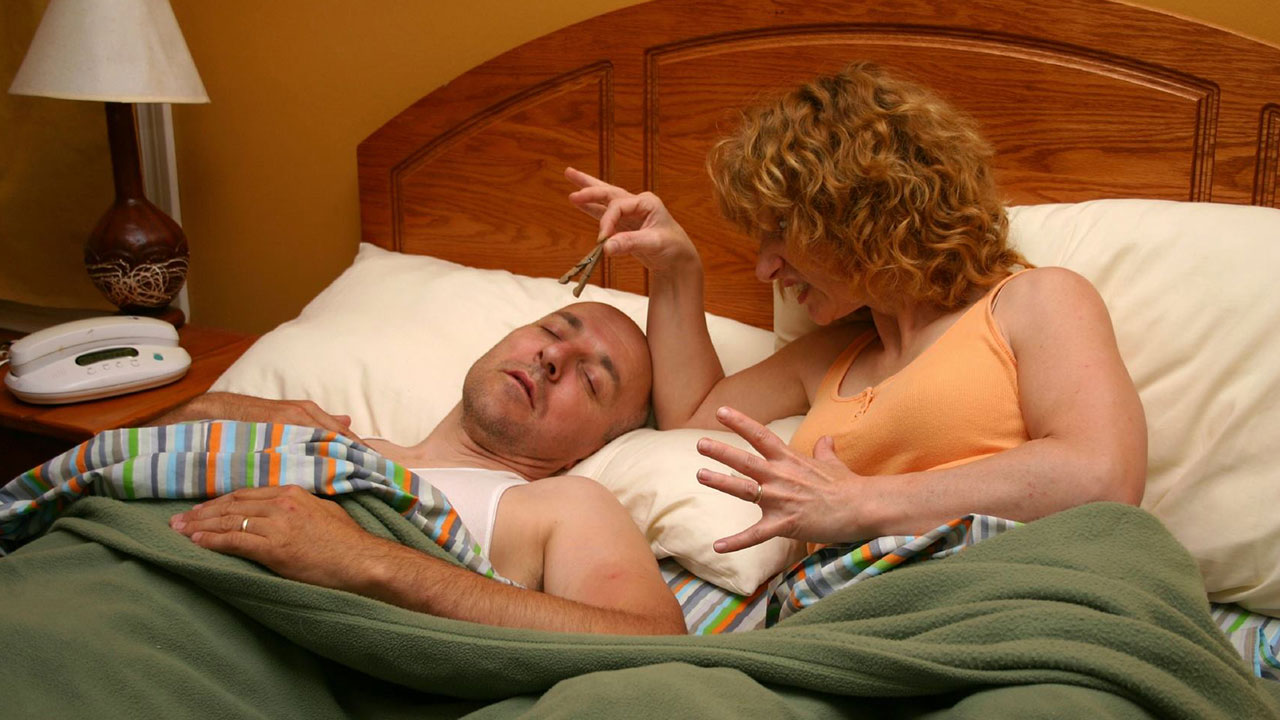
Can Snoring Cause a Sore Throat?
Snoring is the sound made by vibration of soft tissue in the throat while sleeping. It is very common, affecting 40% of men and 20% of women. Aside from disrupting the sleep of your bed partner, it can cause several bothersome side effects.
Snoring can cause frequent awakenings, even if you don’t realize it. These awakenings can affect the normal pattern of sleep, resulting in less time spent in deep, restorative sleep. This can decrease the quality of your sleep and lead to problems with memory and concentration. Poor sleep has been associated with impaired job performance and even increased risk of car accidents. Snoring has also been shown to increase the risk of carotid artery thickening, which can limit blood flow to the brain and increase the risk of stroke.
One especially bothersome side effect of snoring is a sore throat. Snoring is frequently associated with mouth breathing, which leads to dryness and irritation of the mouth and throat. In addition, the vibration of the throat tissues associated with snoring causes irritation and inflammation, which can lead to throat pain. Severe snoring may even cause uncomfortable swelling of the uvula. Sleep disorders, such as snoring, are also commonly associated with acid reflux. Acidic fluid in the stomach can travel up to the throat, causing throat inflammation and pain.
Snoring Can Be a Symptom
In many cases, snoring is more than just a bothersome sound. It may be a symptom of obstructive sleep apnea. Obstructive sleep apnea, or OSA, is a common breathing disorder that involves momentary obstruction of the upper airway while sleeping. This can result in excessive daytime sleepiness, morning headaches, irritability, and difficulty concentrating. Prolonged, untreated OSA can lead to other medical problems and can increase the risk of high blood pressure and heart disease. It is important to rule out OSA in anyone with persistent snoring. This involves a thorough medical history and physical exam by a sleep apnea specialist as well as a sleep study. Today, sleep studies can usually be done at home in the comfort of your own bed by wearing a small device that tracks your breathing and oxygen level while sleeping. Some people will need a more thorough study done at a sleep center.
There are multiple ways to reduce or eliminate snoring:
- Weight loss: Losing even a small amount of weight can significantly reduce snoring.
- Changing sleep position: Side-sleeping or elevating the head of the bed while sleeping can reduce upper airway collapse and decrease snoring.
- Avoid alcohol and sedatives before bed: These can relax the throat muscles, which will worsen snoring.
- Quit smoking: Smoking irritates the throat tissues and worsens snoring.
- Optimize nasal breathing: Nasal congestion can increase upper airway resistance and lead to mouth breathing, both of which worsen snoring. Nasal strips and nasal dilators can be helpful. Nasal saline spray and topical nasal steroid sprays can open up the nasal airway. In some cases, nasal obstruction may need to be treated with surgery.
- Oral appliances: These are custom-made dental mouthpieces that change the position of your jaw, tongue and soft palate in order to open the upper airway while sleeping.
- Surgery: Surgery may be an option for those who do not have improvement in snoring with lifestyle changes and medical therapy. There are many options for surgical treatment of snoring and it is important that snoring surgery is tailored to the individual patient. Common surgical procedures for treatment of snoring include septoplasty, turbinate reduction, sinuplasty, injection snoreplasty, and somnoplasty.
Capital ENT and Sinus Center Can Help You With Snoring Issues
The physicians at Capital ENT and Sinus Center are experienced in the medical and surgical treatment of snoring and obstructive sleep apnea. If you are suffering from snoring, call to schedule an appointment with one of our board-certified physicians today.
